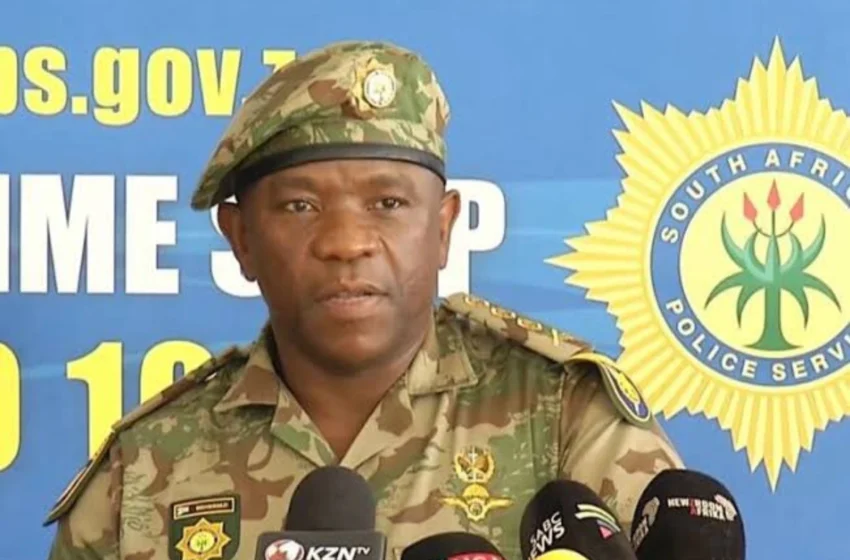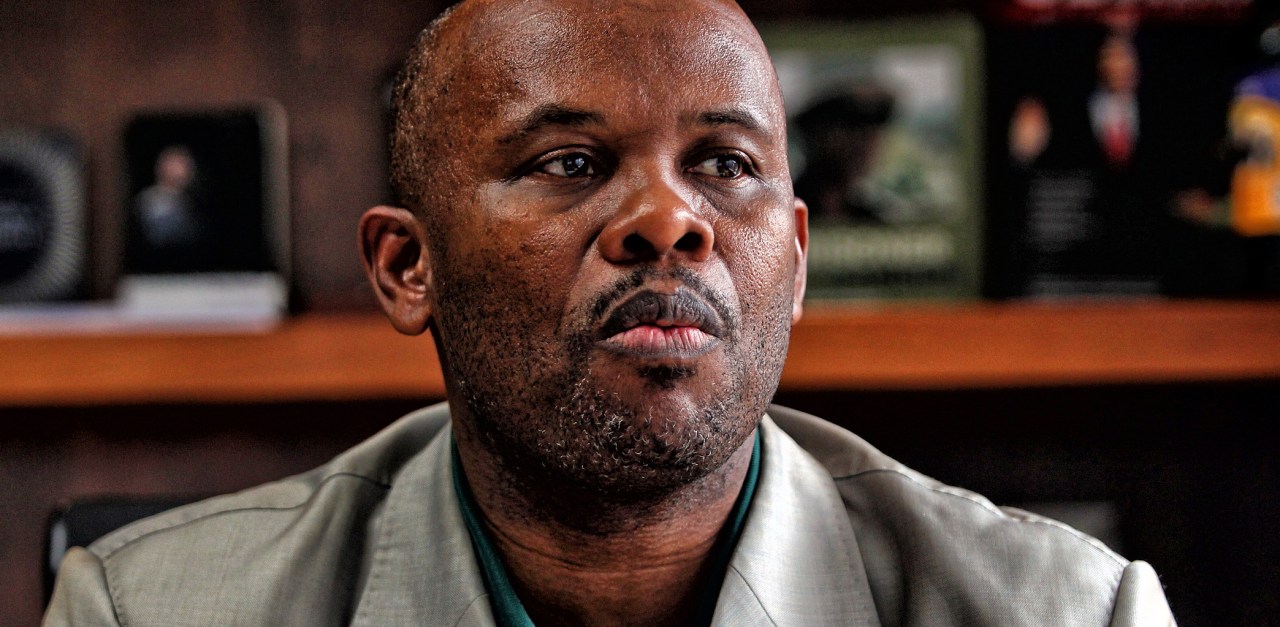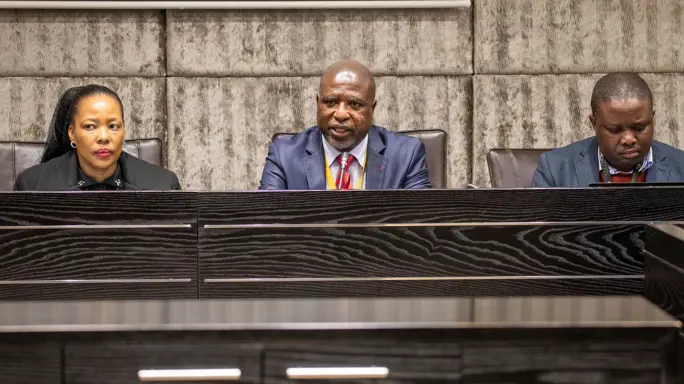NCOP focuses on crime, not claims, in talks with KZN police chief

Nhlanhla Mkhwanazi
In the face of ongoing safety challenges in KwaZulu-Natal, the province’s delegation to the National Council of Provinces (NCOP) is prioritising constructive engagement with police leadership – steering clear of politically charged controversies, at least for now.
This Monday, the NCOP delegation is set to meet with KwaZulu-Natal Police Commissioner, Lieutenant General Nhlanhla Mkhwanazi, in what officials describe as a focused effort to address the pressing issues plaguing policing in the province. Despite the dramatic backdrop of recent allegations made by Mkhwanazi against senior police and government figures, the delegation insists the meeting is strictly about crime trends, policing capacity, and legislative interventions.
“We are not going to discuss the allegations because there have been platforms which are legislated which we believe will be able to get to the bottom of the allegations,” said Mzamo Billy, KZN NCOP delegation whip.
The Commissioner’s allegations – which include claims that senior SAPS officials and political leaders are colluding with criminal syndicates to obstruct key investigations – have triggered a national stir, leading to the suspension of Police Minister Senzo Mchunu and Crime Detection Commissioner Shadrack Sibiya. A formal commission of inquiry and an ad-hoc parliamentary committee are currently probing the matter.
Nonetheless, the NCOP’s KZN team maintains that their meeting with Mkhwanazi will concentrate solely on the real, immediate concerns facing communities.
“Ours is strictly to deal with issues that have got to do with the capacity and the work of the police in the province with the sole aim of assisting in bringing those matters to the national Parliament,” Billy said.
Key issues on the agenda include the chronic shortage of police officers, insufficient resources, rising levels of violent crime, and the troubling spate of killings – both of law enforcement officials and civilians. Political killings, a persistent threat in KZN, are also set to be discussed.
“We know that there are not enough policemen and women. We know that there are political killings. We know that suspects and police are being killed. And all of those things require a collaborative effort to address,” Billy added.
The NCOP visit is part of Parliament’s broader effort to ensure national legislation adequately supports frontline policing in provinces facing acute safety challenges. The delegation is also expected to meet with KZN Premier Thamsanqa Ntuli and members of the executive council later in the week, to further unpack provincial safety strategies and discuss intergovernmental cooperation.
While the explosive allegations surrounding SAPS leadership continue to unfold in parallel investigations, this week’s NCOP engagement aims to ensure that the immediate challenges of policing and public safety in KZN remain firmly on the legislative radar.




